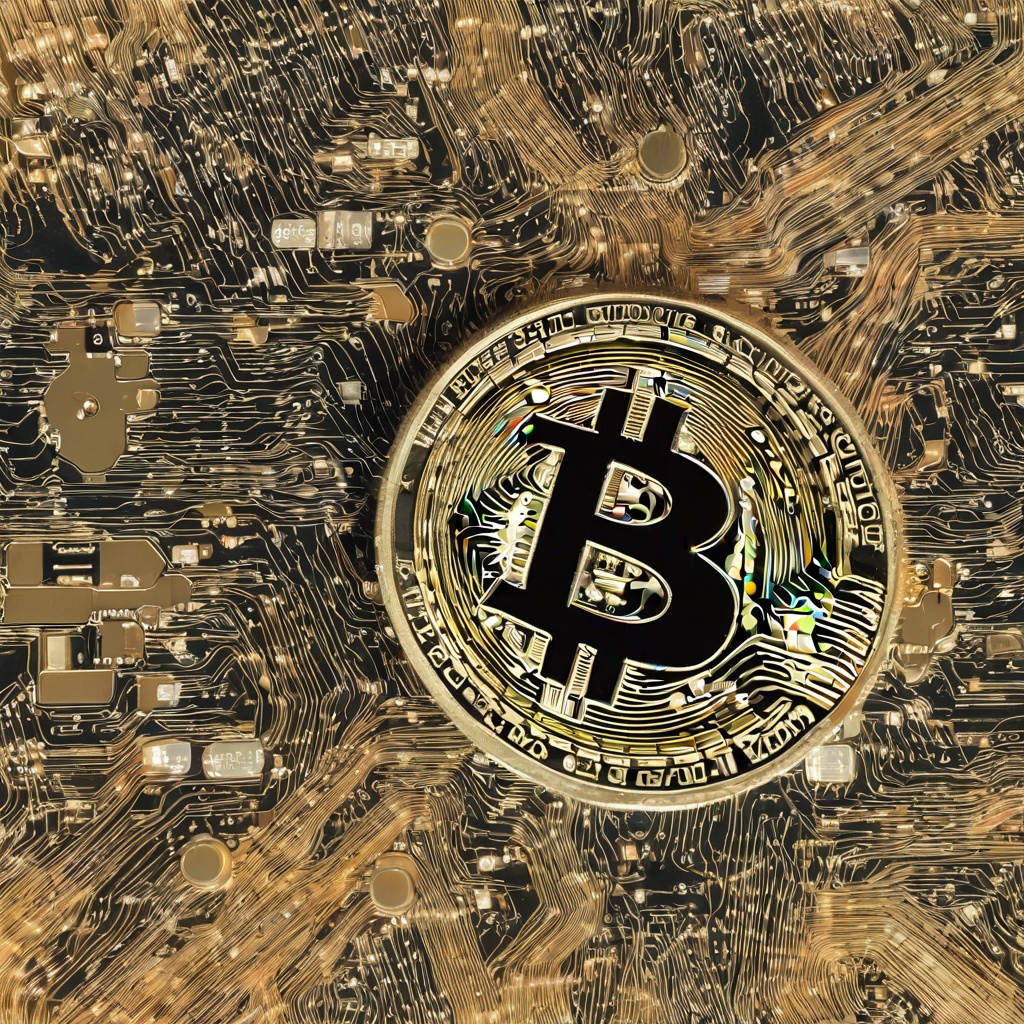How much money do you need to start a DAO?
So, let's dive into this question: "How much money do you need to start a Decentralized Autonomous Organization, or DAO?" The answer, quite frankly, isn't a straightforward one. It all depends on the scope and objectives of your DAO. Are you planning a small-scale, niche-focused DAO with minimal costs? Or are you aiming for a grand-scale, multi-faceted DAO that requires significant upfront investment? In essence, the capital required to kickstart a DAO can vary widely. Some DAOs may be able to bootstrap with just a few thousand dollars, leveraging open-source tools and leveraging community contributions. On the other hand, more ambitious DAOs may need hundreds of thousands, or even millions of dollars, to cover legal fees, smart contract audits, marketing expenses, and other operational costs. Ultimately, the key is to carefully assess your DAO's needs and financial goals, and then determine the appropriate level of funding. It's also worth noting that many successful DAOs have been able to raise funds through token sales or community donations, so the initial capital required may not necessarily come solely from the founder's pocket.
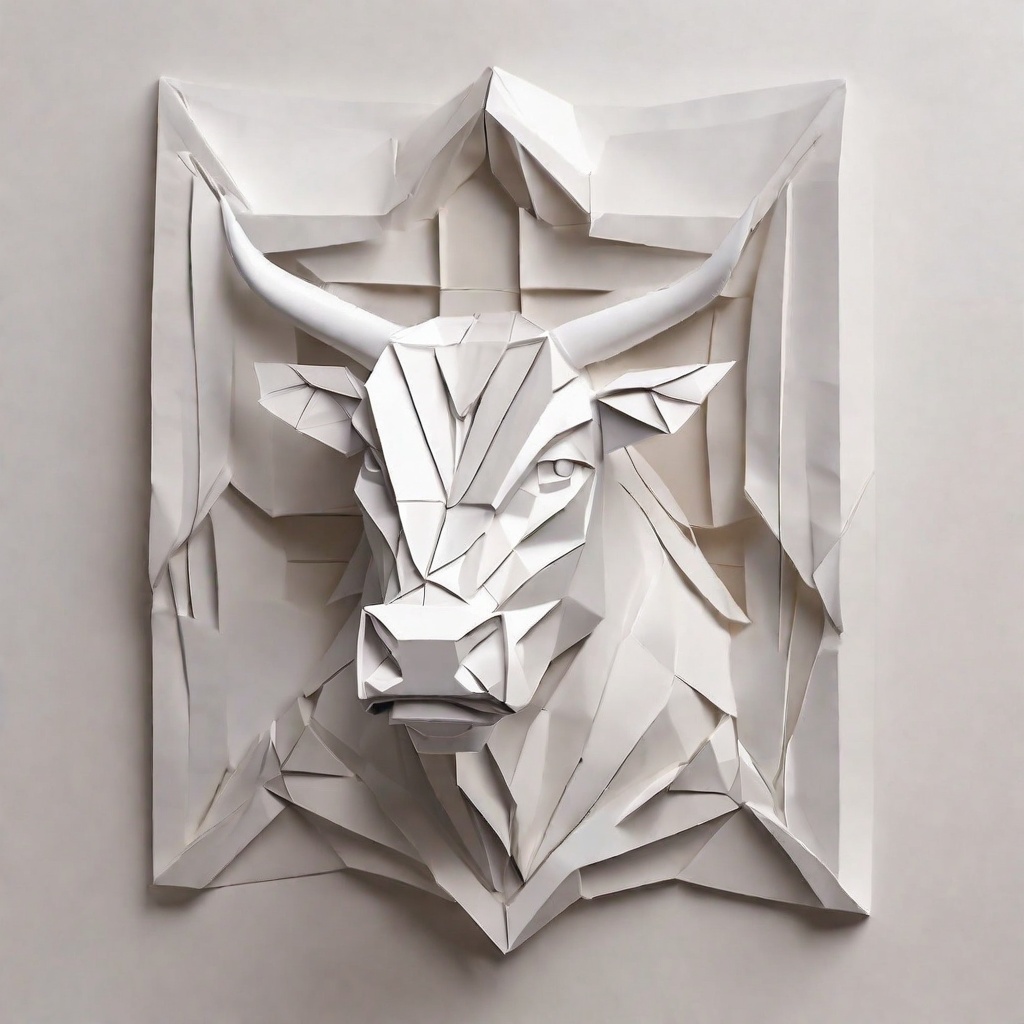
Which blockchain is best for DAO?
So, let's dive into the question: "Which blockchain is best for DAO?" First of all, it's important to understand that there's no one-size-fits-all answer here. The choice of blockchain for a Decentralized Autonomous Organization (DAO) heavily depends on several factors such as the project's specific needs, the community's preferences, and the technical requirements. However, let's consider some popular blockchains that are often used for DAOs and their respective strengths: Ethereum: Ethereum is the pioneer of smart contracts and decentralized applications, making it a natural choice for many DAOs. It offers a robust ecosystem of developers, tools, and resources, as well as a large community of supporters. However, it's worth noting that Ethereum's scalability issues and high transaction fees can be a challenge for some projects. Polkadot: Polkadot is a multi-chain network that aims to solve scalability and interoperability issues in the blockchain space. It offers a unique feature called parachains, which allow for specialized blockchains to be connected to the main relay chain. This can be beneficial for DAOs that require high levels of scalability and interoperability. Cosmos: Similar to Polkadot, Cosmos is an ecosystem of interconnected blockchains, designed to solve the scalability and interoperability problems. Cosmos uses a technology called Inter-Blockchain Communication (IBC) to allow blockchains to communicate with each other seamlessly. This can be attractive for DAOs that want to work with other blockchains and need a flexible, scalable solution. So, in conclusion, the best blockchain for a DAO depends on the specific needs and requirements of the project. Ethereum, Polkadot, and Cosmos are all popular choices, but ultimately, the decision should be based on a thorough analysis of the project's goals and constraints.
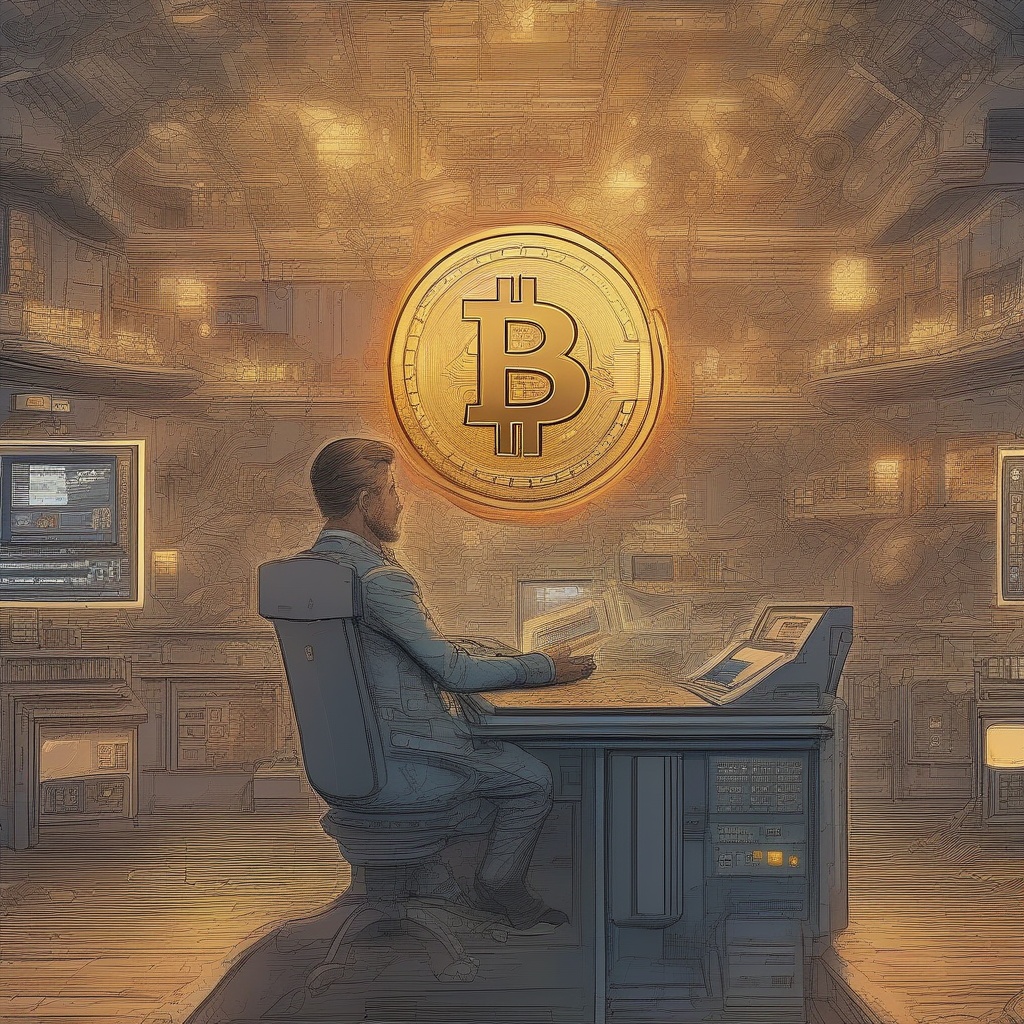
What is DAO in spirituality?
I don't understand this question. Could you please assist me in answering it?
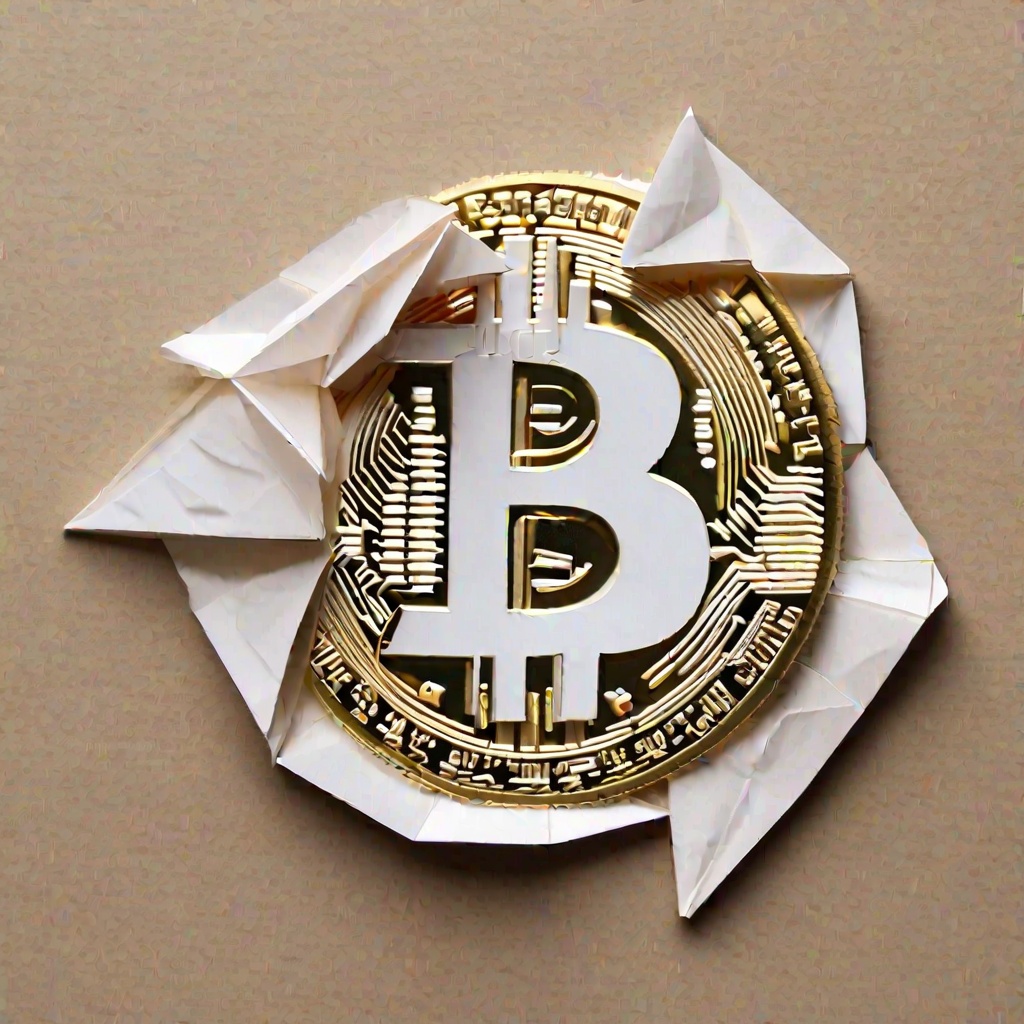
Can DAO make money?
I'm curious to know, can a Decentralized Autonomous Organization (DAO) actually generate revenue and make money? If so, how does it go about doing this? Is it solely dependent on the success of the projects it funds, or are there other avenues for generating income? And what are the potential challenges or limitations in making money through a DAO structure? I'd love to hear your insights on this topic.
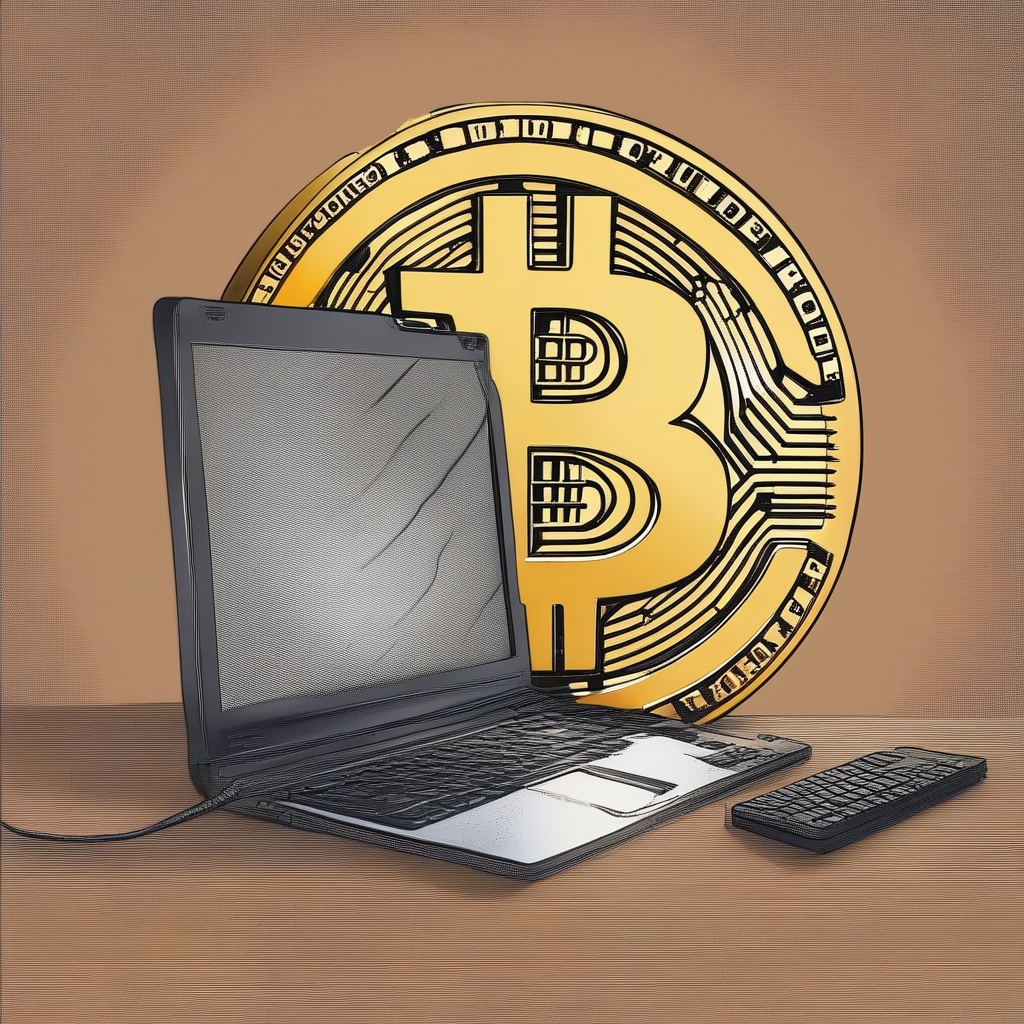
Why invest in DAO?
Have you ever wondered why so many investors are flocking towards decentralized autonomous organizations, or DAOs? Well, let me tell you, there are several compelling reasons. Firstly, DAOs offer a unique opportunity for investors to participate in the governance of projects they believe in. With DAOs, decisions are made by the community, and investors have a direct say in how the project is run. This democratic approach to governance can lead to more efficient and effective decision-making, as well as increased transparency and accountability. Secondly, DAOs are powered by smart contracts, which are self-executing agreements that eliminate the need for intermediaries. This means that transactions are faster, cheaper, and more secure. Furthermore, smart contracts ensure that the rules of the DAO are enforced automatically, reducing the risk of fraud and mismanagement. Thirdly, DAOs have the potential to democratize access to investment opportunities. With traditional investment vehicles, access is often limited to a select few who have the resources and connections to participate. However, with DAOs, anyone with an internet connection and a digital wallet can invest in and participate in the governance of a project. Finally, DAOs are often associated with cutting-edge technology and innovative projects. By investing in a DAO, investors can gain exposure to new and exciting technologies, as well as support the development of these projects. So, why invest in a DAO? In short, it's a chance to participate in the governance of a project, benefit from the efficiency and security of smart contracts, democratize access to investment opportunities, and gain exposure to cutting-edge technology.
